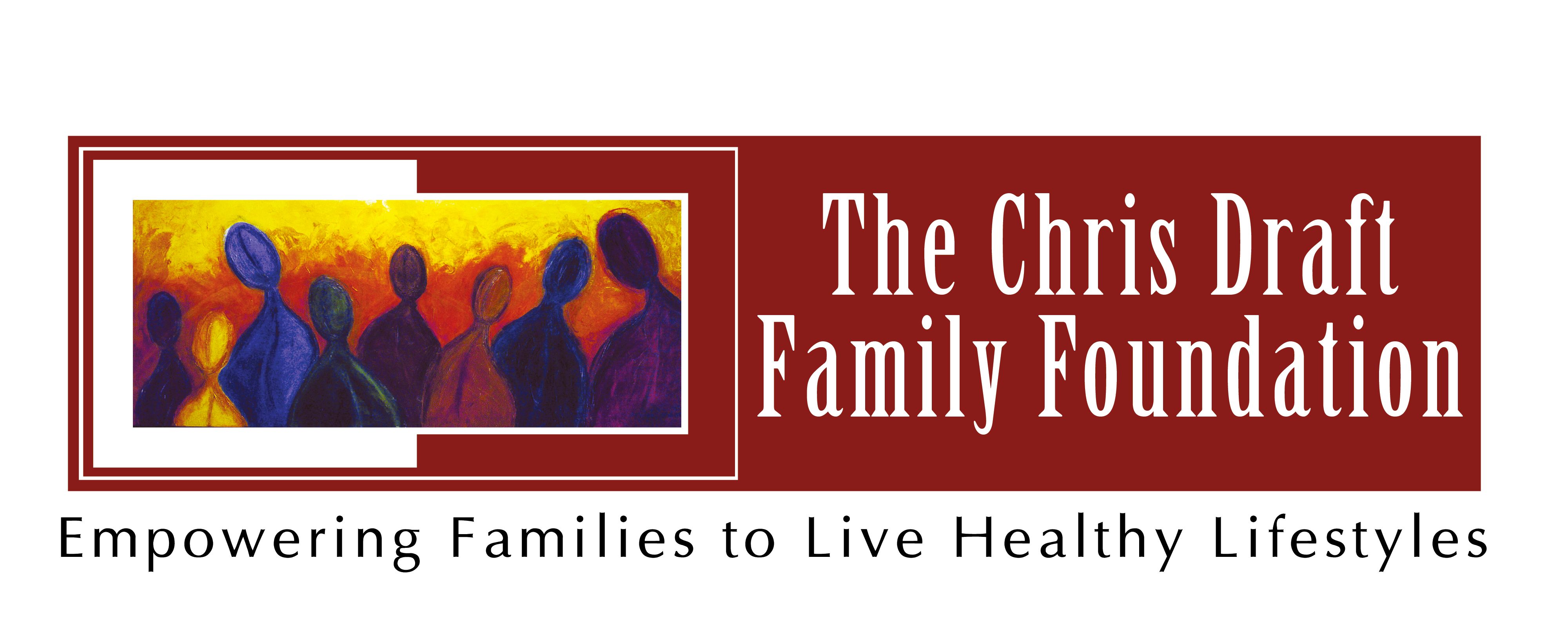
The Importance of Support and Networking

Transcript:
Chris Draft: You find out what kind of friends you have. You also find out if they are going to be there for you, and what their true resources are. For us, Keasha had built some tremendous relationships in college and in her professional life. She knew a bunch of doctors.
We were able to get 3 or 4 opinions on the way home. She had a team. A good friend of hers worked in clinical trials at Emory University, in Atlanta. Another friend worked with disability and Social Security. You consider all of these different areas when you talk about a team approach that you would want involved in your care. They were there.
The other thing that helped was that we lived in Atlanta. We were close to Emory University. And her family was about 2 hours away in Williamston, South Carolina. We had a cancer center close by, and her family was close enough to help.
I had played in a team sport, in terms of football. They talk about a team approach, in terms of lung cancer care from a cancer center perspective. I think you could easily say that it takes a team to be able to really support somebody who has cancer. You need all of those people. It was absolutely devastating news, but she had tremendous resources and tremendous people around.
We were able to get to the diagnosis and decide what we were going to do very quickly. The way things fell made it so she felt as supported and as educated as possible, at the same time.
Is there any positivity? No, there’s no positivity, except for the fact that she’s still alive at that particular time. If you’re alive, it’s still a blessing. I think the key was that we focused on each day. So, we worked the problem. Don’t just look at the outcome. Don’t look at the numbers. Don’t look at what’s possible to happen. Look at it individually. Then, remember that it can’t just be a fight. You have to find something positive in each day. There has to be some type of joy in each day. I think my wife did a tremendous job in doing that.
The network of family and friends was tremendous. There are extremely intelligent, great resources— in terms of a medical field. That part was extremely important. But the other part was just that lung cancer is so much a part of your life that you need other things to be going on, too. So, a barbecue, or a soccer game, or something else—just sharing what’s going on in each other’s lives, so that she can hear about something else instead of talking about cancer all the time.
Her mom did a tremendous job of sparing me from having to watch “Basketball Wives” and “Real Housewives” episodes with her. But you have to do that. She had a great group of friends that had tremendous resources. They were able to empower us. Not just her, but us, in terms of knowing information. There was a great group of people that uplifted her. We’re in a battle, and we know that we have to deal with that every day. But you need somebody that comes in and brings positive energy and gives you some distractions, so you’re not just completely focused on this. In terms of family and friends, she had, again, a tremendous group of people who helped with that.
Transcript Edited for Clarity




